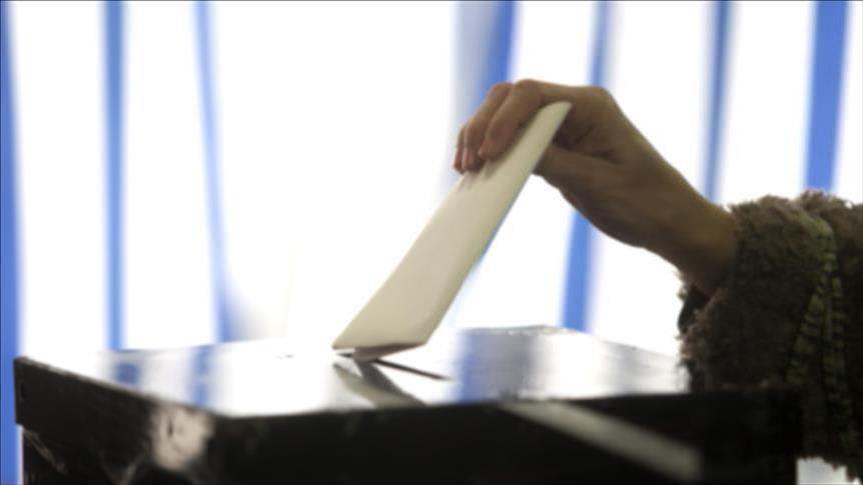Thais warned against ‘liking’ posts on draft charter
New law prohibits public discourse, campaigning on military-sponsored charter that weakens influence of elected politicians

By Max Constant
BANGKOK
Thailand’s electoral body has warned that social media users may face criminal charges for engaging with content deemed to violate a new law prohibiting campaigning ahead of a referendum on a military-sponsored draft constitution.
The Bangkok Post reported Saturday that the Election Commission’s secretary-general, Thanit Sriprathet, announced that Thais who expressed “rude, aggressive or intimidating opinions” about the Aug. 7 referendum could be penalized under new regulations that carry a maximum punishment of ten years.
"If a user finds text, a picture or a clip [posted online] legitimate, he may post or share it," Sriprathet was quoted as saying. "But if he posts it and adds his opinions which are illegitimate, he will be liable. Likewise, a user who clicks 'Like' on offending text will be culpable."
The draft has been widely criticized for weakening the influence of elected politicians, in that it allows for the appointment by the junta of a 250-member senate and a non-elected outsider to be chosen as premier.
Sriprathet insisted Friday that disagreement and support could be voiced “in good faith”, but not if it persuaded others to publicize opinions, as such actions would be considered a “campaign” transgressing the authority of the Commission.
Earlier this week, the Commission filed charges against members of a Facebook group for criticizing the referendum -- the first legal action taken under the Public Referendum Act.
Under the law, which was signed into effect last week and will be published in the Royal Gazette next week, it is prohibited to “post and share false information with aggressive, rude or violent language to incite unrest or intimidate on websites and other electronic media”.
The regulations ban seminars and debates on the draft charter “without the participation of state agencies, educational institutes and media organizations stipulated by law”.
They also prohibit “to persuade people to wear shirts, pins, brooches, flags or ribbons or any symbols that signify expression of opinions or sell or distribute these objects in campaigns to incite unrest”.
As with Thailand’s harsh lese-majeste, which bans defamation of the monarchy, complaints under the new law can be filed by anyone who wishes to report alleged violations, rather than just parties claiming injuries.
In the last two weeks, a series of small-scale demonstrations were held in Bangkok and the country’s north, gathering crowds of less than ten people who typically kept silent wearing T-shirts with political slogans such as “we are citizens, not soldiers” and “Vote ‘No’”.
On Thursday, 17 demonstrators were arrested, with police reportedly handling some of them roughly, but released within 24 hours.
Earlier this week, civil society activists and politicians from all sides of the political spectrum had gathered at an unauthorized meeting in Bangkok to call for “full respect of the freedom of expression” by the junta, which seized power in a 2014 coup.
“Our first point is that freedom of expression be fully respected, because we need to have all the elements in order to take a decision at the referendum,” a respected academic and human rights defender who attended the meeting, Gothom Arya, had told Anadolu Agency.
“The military are extremely sensitive to everything pertaining to security and order. They think that debate and public expression of opinions can lead to disorder,” said Arya, an adviser to Mahidol University’s Institute of Human Rights and Peace Studies.
If the draft charter passes the referendum, elections -- the first since months of demonstrations led to the May 22, 2014 coup -- are planned for the end of 2017.
Junta chief-cum-Prime Minister Prayuth Chan-ocha has said that if the draft is rejected, he would decide how to move forward -- without providing any more details.
“In the case [the draft charter is rejected], it is I who will have the power to decide what to do. Do you understand the word ‘power’? It is I who will decide whether to tell,” he told reporters April 11.
Anadolu Agency website contains only a portion of the news stories offered to subscribers in the AA News Broadcasting System (HAS), and in summarized form. Please contact us for subscription options.







